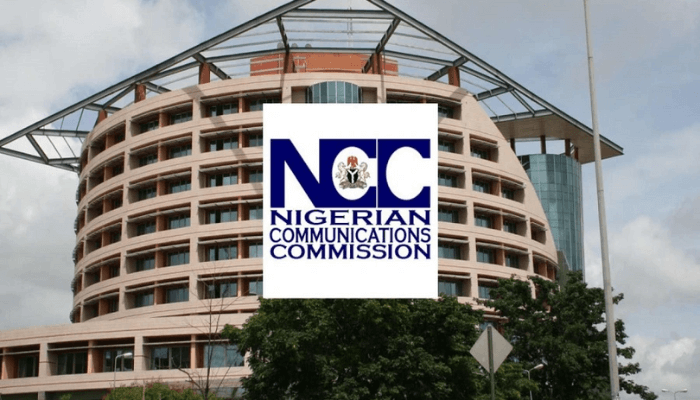The Nigerian Communications Commission (NCC) is actively encouraging the adoption of solar energy in Nigeria’s telecom sector to help reduce operators’ dependency on diesel and lower operational costs. Industry estimates suggest that telecom companies consume approximately 40 million liters of diesel each month, which translates to over $350 million (equivalent to N534.16 billion) in annual fuel expenses, as reported in the State of Africa’s Infrastructure Report 2025 by the Africa Finance Corporation.
The reliance on diesel generators has raised concerns among industry experts. They indicate that the increasing use of off-grid tower sites and diesel generators inflates capital and operational expenses, making it more challenging for telecom operators to invest in rural and remote areas.
Nigeria’s national grid produces less than 5,000 MW, while the country’s energy demands approach 200,000 MW. This energy shortfall compels citizens and businesses to use alternative power sources, primarily diesel and petrol generators.
The telecom sector, which services 172.95 million subscribers, requires a reliable power supply for its 34,862 tower sites as of 2022. According to the Association of Licensed Telecommunications Operators of Nigeria (ALTON), diesel fuel constitutes about 35% of telecom companies’ operating expenses. Gbenga Adebayo, president of ALTON, emphasized that high energy costs are the primary hurdle for the telecom industry, stating that if the government had upheld its early 2000s commitment to provide 18 hours of electricity daily, the financial burden of powering communication sites would be significantly reduced.
With the surge in internet connectivity, energy requirements for telecom services have soared. Monthly internet usage hit 983,283.43 terabytes (TB) in April 2025, marking a 685.69% increase from 125,149.86 TB in December 2019. Global data indicates that energy consumption per gigabyte (GB) is approximately 0.17 kWh, while in Africa, it escalates to about 0.24 kWh per GB due to lower energy efficiency in networks.
In response to these challenges, the NCC has established a joint committee with the Rural Electrification Agency (REA) to devise a framework for implementing renewable energy solutions across telecom infrastructure. Aminu Maida, executive vice chairman of the NCC, stated that this initiative aims to address both energy shortages and connectivity issues that hinder digital progress in Nigeria.
The partnership between the NCC and the REA will focus on integrated solutions that blend renewable energy infrastructure with telecom deployment. The committee will synchronize funding models, share geospatial data for planning, and monitor socio-economic impacts through defined performance metrics. According to GSMA, the incorporation of renewable energy could reduce telecom operating costs by 30% to 50%, while also cutting carbon emissions.
NCC sources indicate that telecom operators could achieve at least 20% savings by embracing renewable energy. Some companies are already exploring hybrid energy solutions; for example, Airtel is looking into combining lithium battery systems with solar power to decrease energy expenses. MTN and Airtel have renegotiated tower contracts with ATC and IHS to prioritize energy efficiency, with MTN projecting savings between N100 billion and N110 billion as a result.
With an average solar energy potential of 5.5 kWh/m²/day, Nigeria stands to benefit significantly from solar adoption, thereby reducing telecom operating costs. However, challenges remain. Adebayo from ALTON pointed out that alternative energy sources do not guarantee 24-hour power backup and are susceptible to theft.
Despite the hurdles, renewable energy makes up 70% of telecom energy usage in Europe, 40% in the U.S., and only 10% in Sub-Saharan Africa, indicating a substantial opportunity for growth in Nigeria’s telecom sector.




